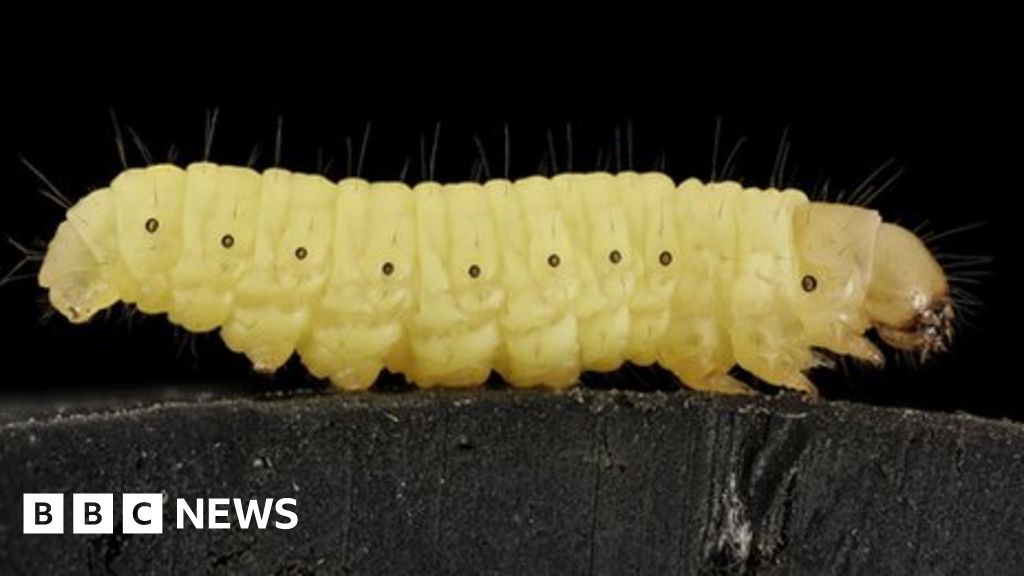shockedcanadian
Diamond Member
- Aug 6, 2012
- 34,478
- 32,006
- 2,905
Where are the deep pocket entrepreneurs? This is a gold mine if leveraged properly on an industrial scale.

 www.bbc.com
www.bbc.com
One of the worst forms of plastic pollution may have met its match in the saliva of a humble worm.
Spanish researchers say they've discovered chemicals in the wax worm's drool that break down polyethylene, a tough and durable material.
The researchers say that one hour's exposure to the saliva degrades the plastic as much as years of weathering.
They hope the breakthrough will lead to new natural approaches to deal with plastic pollution.
They've discovered two enzymes in the liquid that can degrade polyethylene at room temperatures and believe it's the first time that such an effective agent has been found in nature.

'Humble' worm saliva can break down tough plastic
Could the solution to plastic pollution be found inside the mouths of tiny wax worms?
One of the worst forms of plastic pollution may have met its match in the saliva of a humble worm.
Spanish researchers say they've discovered chemicals in the wax worm's drool that break down polyethylene, a tough and durable material.
The researchers say that one hour's exposure to the saliva degrades the plastic as much as years of weathering.
They hope the breakthrough will lead to new natural approaches to deal with plastic pollution.
They've discovered two enzymes in the liquid that can degrade polyethylene at room temperatures and believe it's the first time that such an effective agent has been found in nature.